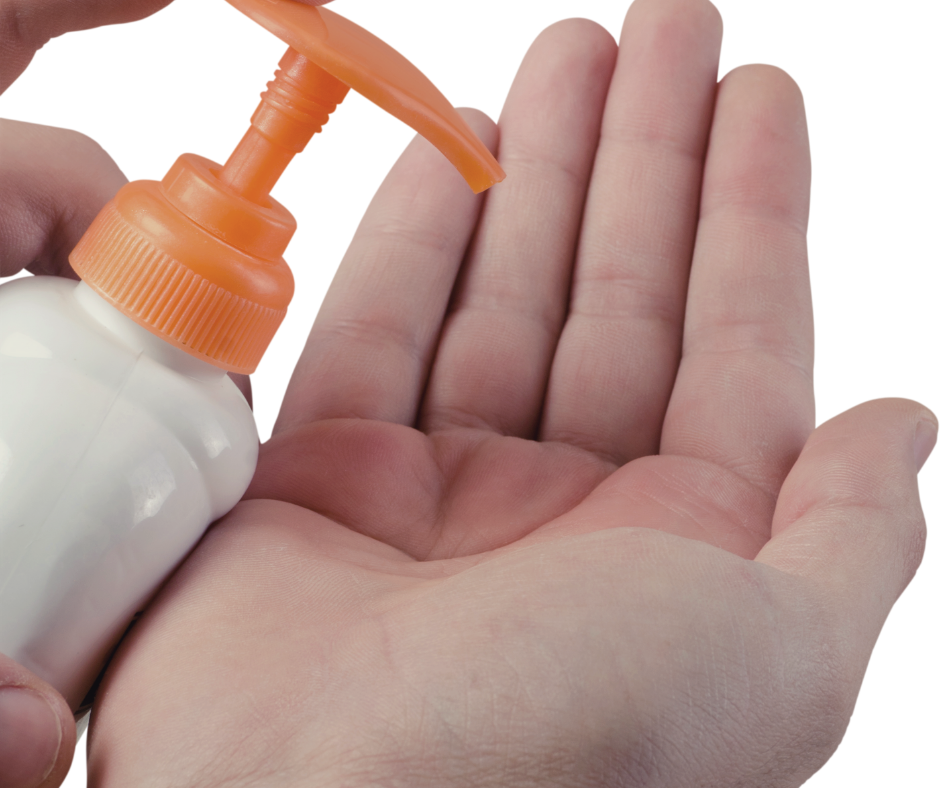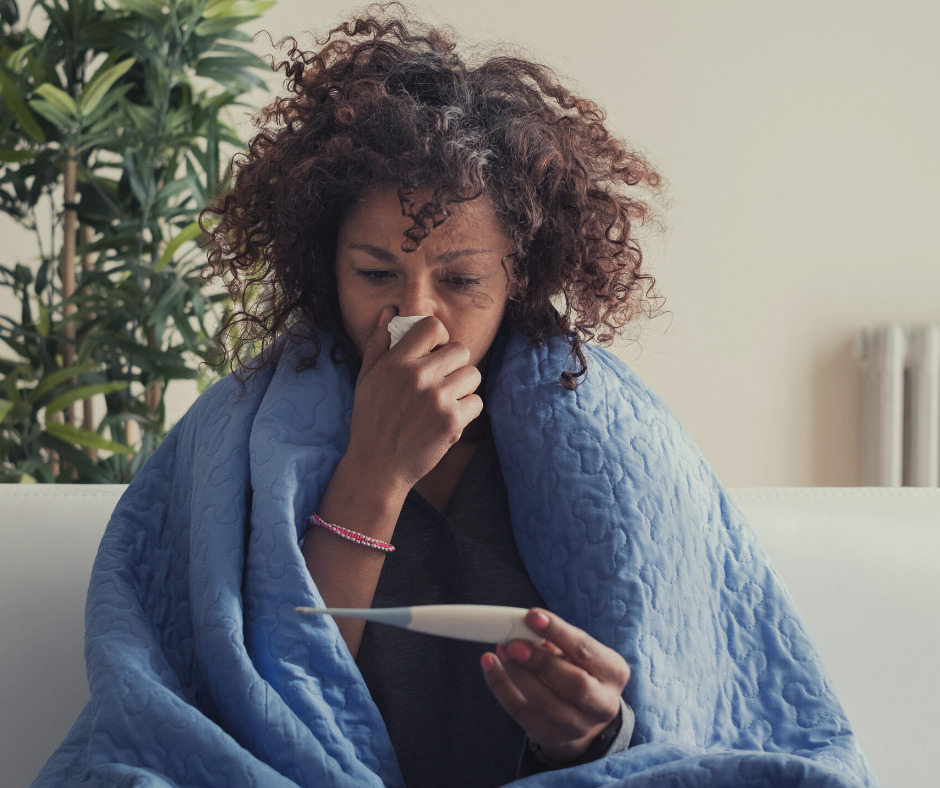The single best way to prevent seasonal flu is to get vaccinated each year. The CDC recommends that
everyone 6 months and older get a flu vaccine every season. Vaccination is especially important for
health care workers and for high risk people. However, these simple, everyday actions can also help prevent the spread of germs that cause the flu and other respiratory illness:
1. Avoid Close Contact
Avoid close contact with people who are sick. When you are sick, keep your distance from others to
protect them from getting sick too.
2. Stay Home When You Are Sick
If possible, stay home from work, school, and errands when you are sick. You will help prevent
others from catching your illness. You should stay home for at least 24 hours after your fever is
gone, except to get medical care or for other necessities. Your fever should be gone without the
use of a fever reducing medicine.
3. Clean Your Hands
Washing your hands often with soap and water will help protect you from germs. If soap and water
are not available, use an alcohol‐based hand rub.
4. Practice Other Good Habits
Clean and disinfect frequently touched surfaces at home, work or school, especially when someone
is ill. Get plenty of sleep, be physically active, manage your stress, drink plenty of fluids, and eat
nutritious food.

What Else Can I Do At Work?
- Find out about your employer’s plans if an outbreak of flu or another illness occurs and whether flu
vaccinations are offered on‐site. - Routinely clean frequently touched objects and surfaces, including doorknobs, keyboards, and
phones, to help remove germs. - Make sure your workplace has an adequate supply of tissues, soap, paper towels, alcohol‐based
hand rubs, and disposable wipes. - If you begin to feel sick while at work, go home as soon as possible.
All information provided courtesy of The Centers for Disease Control and Prevention.
Please visit www.cdc.gov for additional information on influenza and best vaccination practices.


